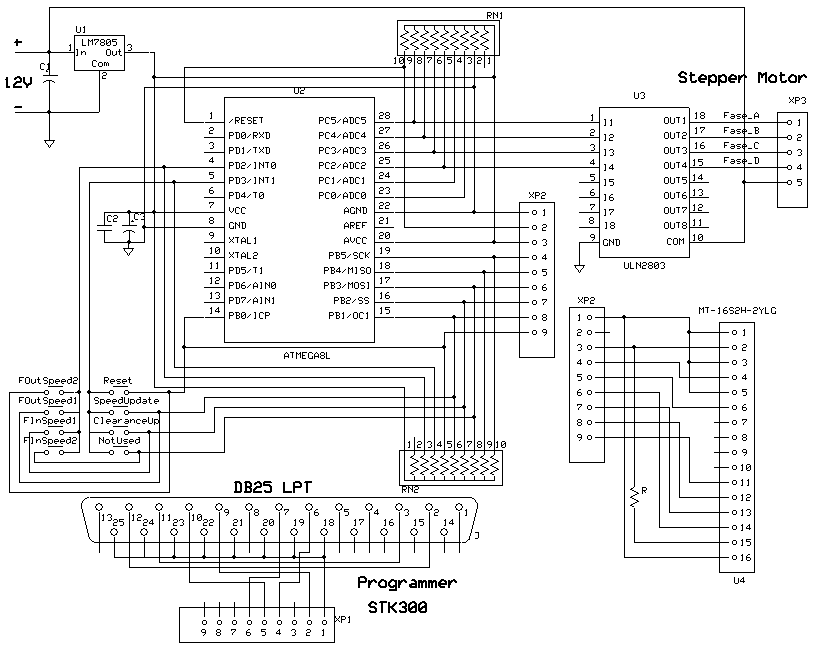
13003 V Blokah Pitaniya
Dec 02, 2011 Explaining the basis and parameters of the alter ego theory, the court in Communist Party v. 522 Valencia, Inc. (1995) 35 Cal.App.4th 980 stated: 'Ordinarily, a corporation is regarded as a legal entity separate and distinct from its stockholders, officers and directors. Under the alter ego doctrine, however, where a corporation is used by an.
174 S.W.3d 702 (2005) ISIDORE SPINO, Appellant, v. ATITBHAI BHAKTA, Respondent. WD 64245, WD 64260. Missouri Court of Appeals, Western District. November 1, 2005.
*704 James H. Thompson, Jr., Gladstone, for Appellant.
Timothy Joseph Mudd, Kansas City, for Respondent. HOLLIGER, Judge. Both parties appeal from a $25,000 reinstated default judgment in favor of Isidore Spino. Spino filed suit against Atitbhai Bhakta under Chapter 517 seeking damages for injuries sustained in a car accident.
Bhakta failed to appear on the return date specified in the summons and default judgment was taken against him.  After his first motion to set aside the judgment was denied by rule, Bhakta filed a post-final judgment motion seeking to have the default judgment vacated asserting the same basis as in his motion to set aside. The court granted that motion and a jury returned a verdict for Bhakta. The trial court then set aside the verdict and reinstated the default judgment but reduced it to $25,000.
After his first motion to set aside the judgment was denied by rule, Bhakta filed a post-final judgment motion seeking to have the default judgment vacated asserting the same basis as in his motion to set aside. The court granted that motion and a jury returned a verdict for Bhakta. The trial court then set aside the verdict and reinstated the default judgment but reduced it to $25,000.
Because the trial court was barred from setting aside the default judgment by the doctrine of res judicata, and the limit a party can collect in a Chapter 517 action is $25,000, we find that the trial court reached the correct result and affirm the decision. Facts and Procedural History Spino's personal injury lawsuit was filed in the associate division pursuant to Chapter 517 and did not request a specific amount of monetary damages. Spino eventually obtained service of summons on Bhakta, but neither Bhakta nor his attorney appeared on the return date of June 5, 2002. After Spino presented evidence, a default judgment was entered against Bhakta for $112,750. Within thirty days Bhakta moved under Rule 74.05 to have the default judgment set aside. On September 4, 2002, the trial court conditionally set aside the default judgment while expressing reservations about doing so, however, because Bhakta's factual assertions in his motion were not sufficiently verified. The order was conditioned on Bhakta paying $900 in attorney's fees to Spino within five days.
On September 9, 2002, Bhakta attempted to mail a $900 insurance draft to Spino's attorney, but it was misaddressed. On September 13, 2002, Bhakta filed a 'Request for Hearing on Plaintiff's Refusal to Accept Attorney's Fees and *705 Suggestions in Support.' On the 91st day after the initial motion to set aside was filed, the trial court held a hearing and entered an order denying Bhakta's motion that same day. On October 18, 2002, Bhakta filed a new Motion to Vacate the default judgment and to grant him additional time in which to comply with the September 4th, 2002, order to pay attorney's fees. That motion was filed pursuant to Rules 74.05 and 74.06 and was accompanied by an affidavit and numerous exhibits.
On October 30, 2002, the trial court granted that motion and vacated the default judgment. Subsequently, a jury trial was held and the jury returned a verdict in favor of Bhakta. Spino filed a motion for judgment notwithstanding the verdict and the trial court then set aside the verdict and the October 30, 2002, order and reinstated the default judgment reducing the award to $25,000. Both parties appeal.

Because of the procedural complexity of this case, a timeline is useful.
1 Haroutinoun Ghokassian (Ghokassian) is a Lebanese who immigrated to the United States in his early thirties. Between 1976 and 1987, he worked here as a sewing machine operator. However, his physical and mental condition gradually deteriorated until, in June of 1987, he was no longer able to work a full day and thus could not remain at his job. Ghokassian's application for social security benefits was denied. After exhausting his administrative remedies, he brought an action in the district court under 42 U.S.C. 405(g) & 1383(c)(3), which provide for judicial review of the final decisions of the Secretary of Health and Human Services (Secretary).